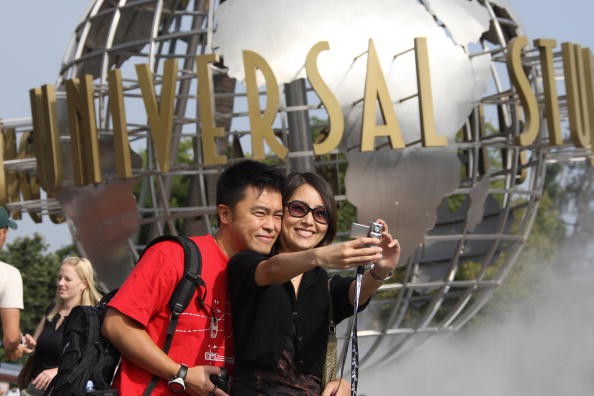A Beijing theme park located in the Tongzhou District is scheduled to open its doors to visitors in 2020. The park is expected to provide opportunities for tourism and employment.
Around 12 million tourists are expected to visit the theme park annually starting 2020. The recruitment of employees will start by the second half of 2019. An estimate of 10,000 employees will be hired in the first phase of the project.
The theme park is a joint project of the Universal Parks & Resorts and Beijing Shouhuan Cultural Tourism Investment Co Ltd, a Chinese State-owned enterprise. The expected cost for the park is around $8 billion.
Construction of the park began in 2015 and its first phase is expected to be finished by 2019.
According to Duan Qiang, chairman of Beijing Tourism group, the Beijing theme park will top its peer in Orlando, Florida in scale. The company is one of the shareholders in Beijing Shouhuan Cultural Tourism Investment Co Ltd.
The first phase of the Beijing theme park covers an area of 1.2 square kilometers. It will include 2 hotels which can offer 1,200 to 1,400 rooms. The park’s maintenance and service departments would need to recruit a large number of workers to fill in vacancies.
"Chinese cultural elements will account for 35 percent of the theme park, expressed in firework shows, parades and other activities," Duan said.
Park equipment will come from suppliers all over the world, mainly from European companies. Equipment from China will be preferred if suppliers can assure world-class quality products, Duan added.
According to Euromonitor International Ltd, a London-based market intelligence firm, China will be expecting $12 billion sales from the country’s theme parks in 2020. The sales from theme parks were only $4.6 billion in 2015.
In a Beijing Commerce Research Institute report, China had more than 2,000, more than 300 of which entail above 50 million yuan ($7.23 million) worth of investment.
Key players in China’s theme park industry include Dalian Wanda Group's Nanchang Wanda City and the Shanghai Disneyland.
According to Li Duo, deputy director of the Beijing Commerce Research Institute, intense competition is observed in big cities and there is a vast opportunity for theme parks to grow in third class cities.
"Beijing Universal Park is going on quite well just as scheduled. Once completed, it will become a strong competitor given its brand appeal among Chinese consumers. But it will not be easy to generate satisfying profits in the short term," he said.
China and the rest of the world wait for what the Beijing theme park has to offer.




























